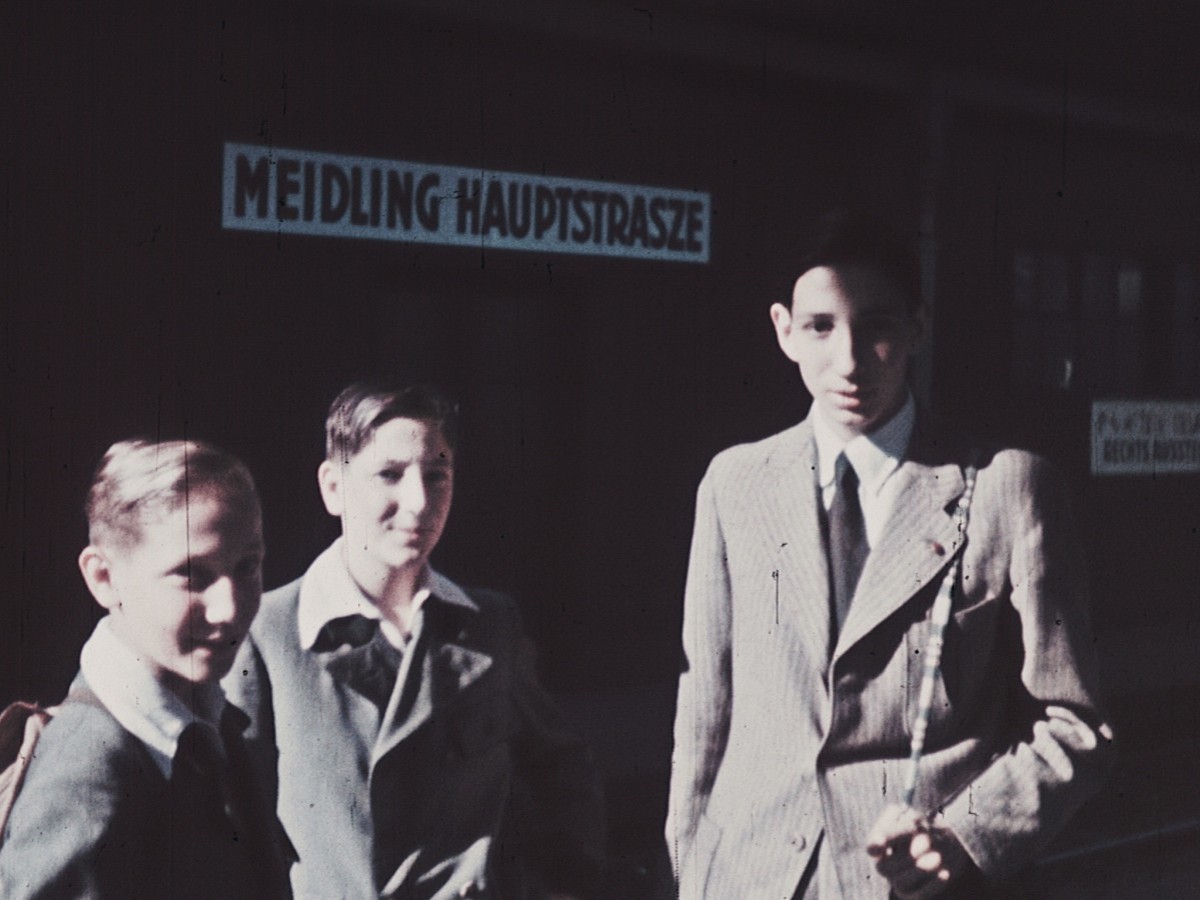Flotsam:
Ivan and His Brothers Films by the Illich Family 1936-42
Since 2008, we have been collecting and researching film documents dealing with the daily life of Jewish Austrians before and during the National Socialist rise into power. Among these was an extraordinary discovery: home movies from the childhood and youth of the philosopher, theologian and Catholic priest Ivan Illich, filmed in Vienna between 1936 and 1942.
Dreibubenhaus 1936 1936, Ellen (Maexie) Regenstreif
Reporter 1940 1940, Ellen (Maexie) Regenstreif
Reporter 1941–1942 1942, Ellen (Maexie) Regenstreif
Unser Pötz 1937–1938, Ellen (Maexie) Regenstreif
All from the United States Holocaust Memorial Museum (Ellen Rose Regenstreif Film Collection)
Ivan Illich grew up in Vienna with his two brothers, Sascha and Micha. Together with their mother, the three boys lived in the villa of their grandfather, Friedrich Regenstreif, from 1932 until their flight from the Nazis in 1942. A sheltered childhood in Vienna's Pötzleinsdorf, the upper-middle-class milieu and the sudden invasion of political reality are at the center of the films made by their mother Ellen Rose Illich née Regenstreif, artist's name "Maexie," a baptized Evangelist married to a Catholic but stemming from a Jewish family. She is the focal point of a family history rewritten on the basis of her family films two generations later: this time, as a Jewish story.
Ivan Illich's niece Yvonne entrusted the films to the United States Holocaust Memorial Museum (USHMM) in Washington, D.C. After a historical reappraisal, a selection of films will have their first public presentation here in Vienna, where we will discuss them with our guests Yvonne Illich, Michaela Scharf (LBIDH) and Lindsay Zarwell (USHMM): on Mother's Day, in remembrance of Maexie.
An event organized together with the Ludwig Boltzmann Institute for Digital History (LBIDH), in cooperation with the United States Holocaust Memorial Museum Washington D.C. and the University of Bremen.
Our program series Flotsam is devoted to examples of "ephemeral" film: archive finds, film documents, unpublished and fragmented film material that have become a subject of research and curatorial attention in the Film Museum.
